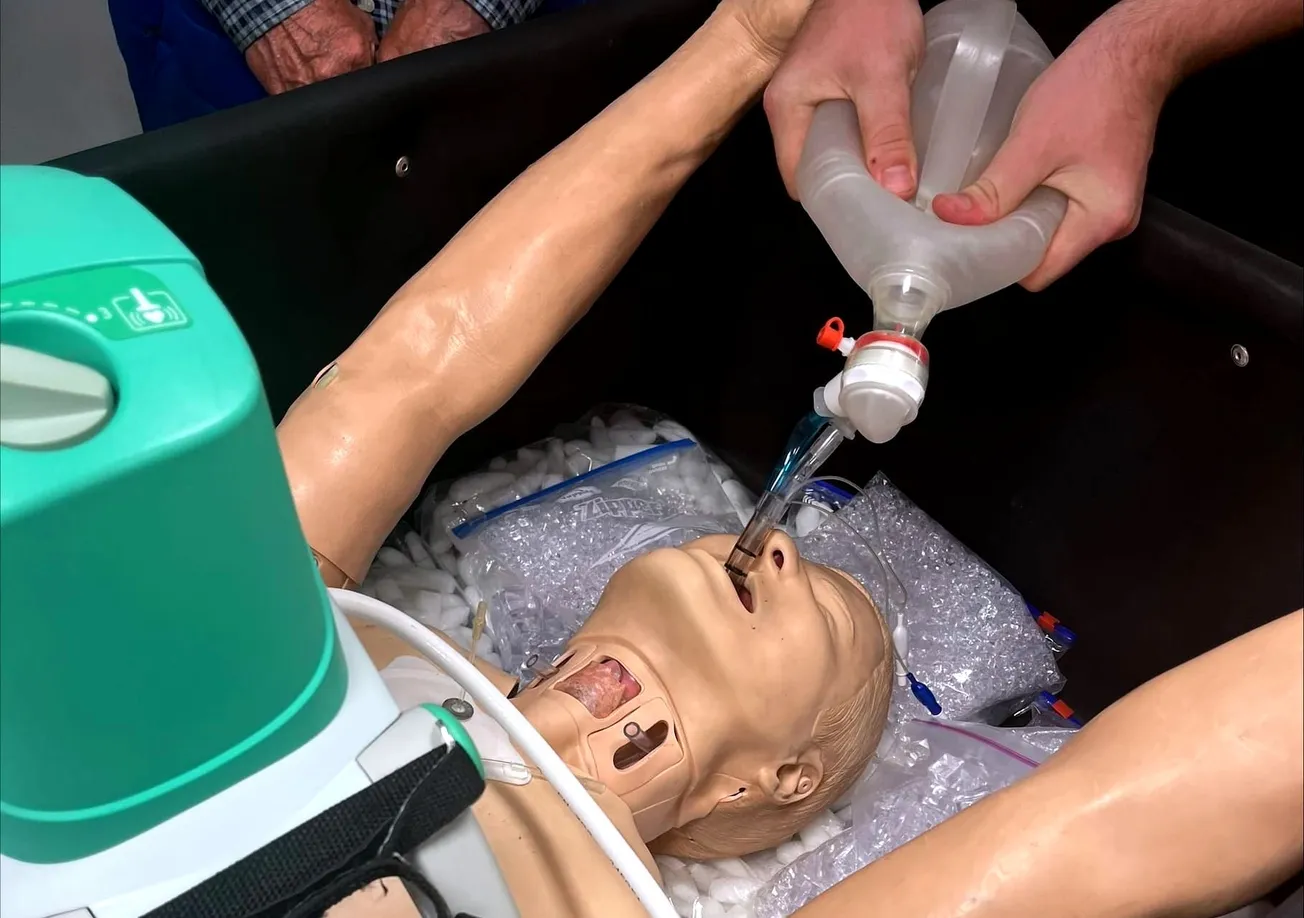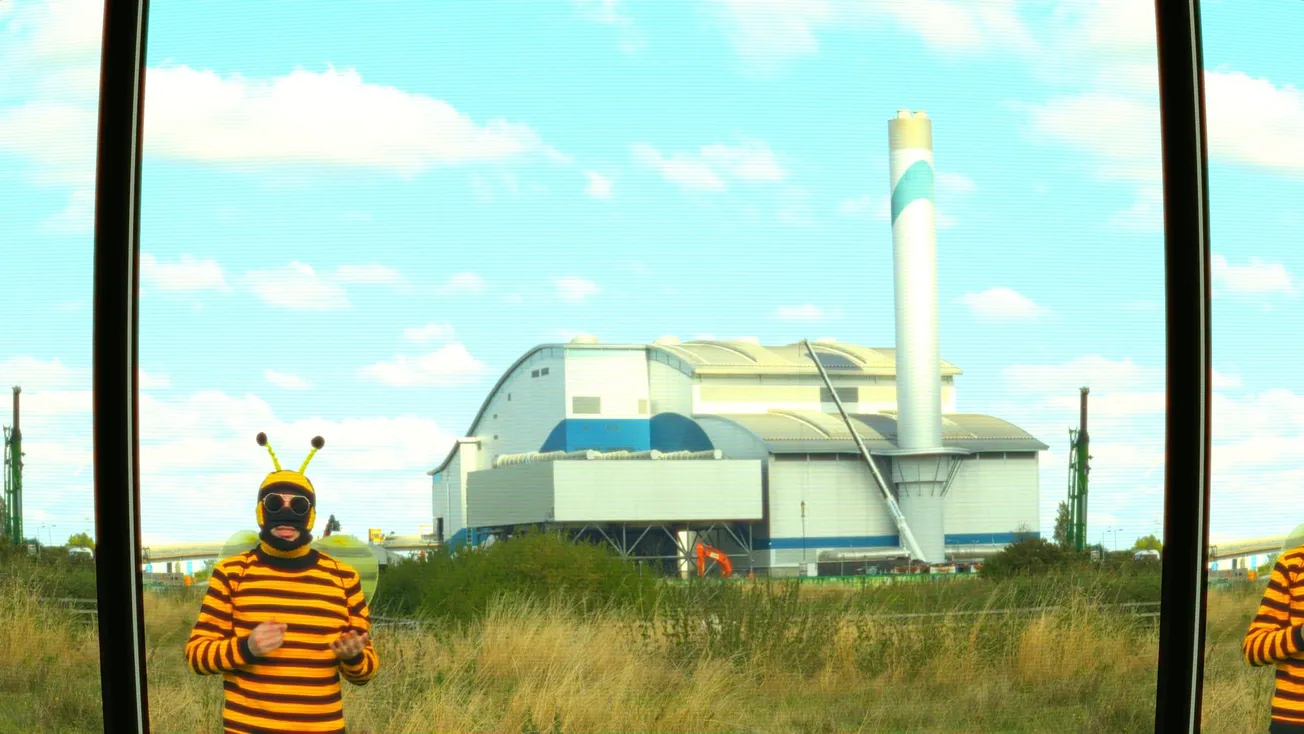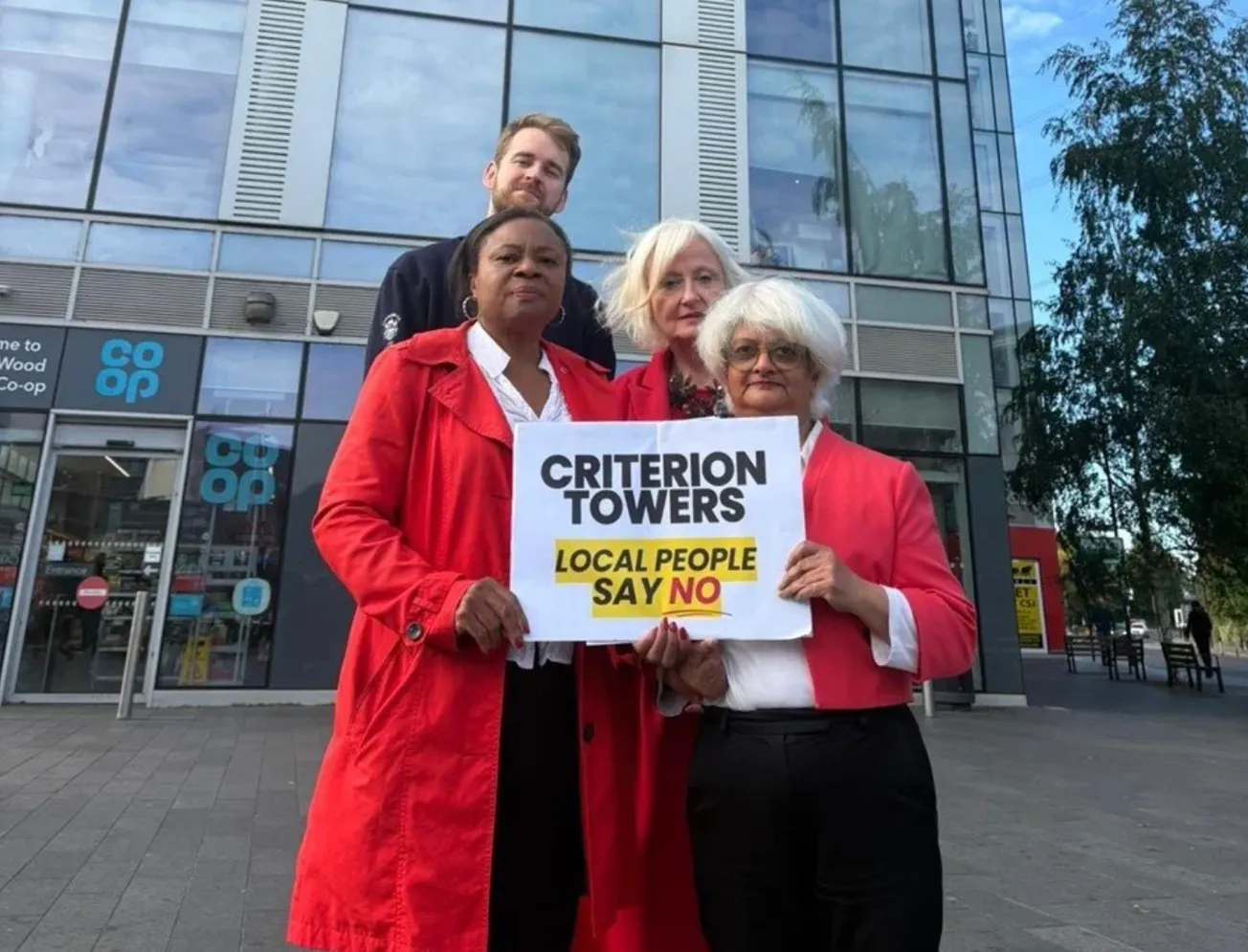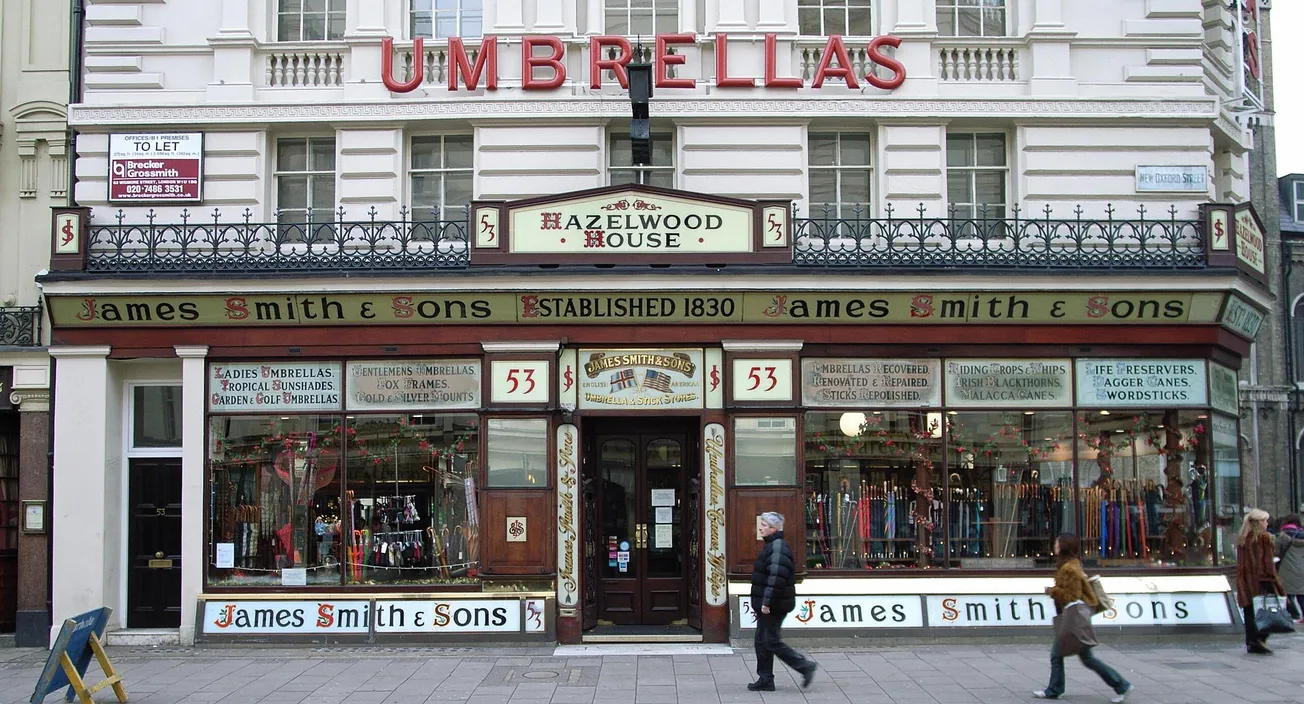To read today's piece on the men who treat their duty to freeze dead bodies like a sacred oath — regardless of whether they think it works — you'll have to be a paying supporter of The Londoner. The good news? We're giving you 50% off your subscription for your first three months — just £4.95 a month. Becoming a member means you're at the forefront of a new media movement, as well as coming with loads of practical perks, such gaining access to all of our members-only content and getting invites to our members-only events. Act fast though, it can't stay forever.
It's a bright and balmy Sunday morning, and I am sitting in a run-down YMCA building in South Ealing, preparing to learn how to freeze a dead body. A rubber corpse, mouth agape, lies strapped to a stretcher. Canisters of industrial antifreeze are placed in a row on the floor, connected to a complex pumping system.
I’m here to attend one of the quarterly training sessions run by Cryonics UK, the largest such organisation in the country. Cryonics is a relatively arcane field of speculative science, whose proponents bet on a post-mortem medical procedure as a way to reverse natural death. The process involves lowering the temperature of a recently deceased body to a sub-zero state with ice and then filling it with cryoprotective fluid (antifreeze). The hope is that the advance of science will one day allow for those frozen bodies to be reawoken.
Cryonics conjures up imagery from science fiction, but the scene in South Ealing is rather more mundane. The meeting takes place in what looks like an old dance studio, and the ten attendees who have turned up — mostly older men, aside from one young woman who’s curious about “the weird and wonderful” — sit in brightly coloured plastic chairs. There is an air of an AA meeting to the session: there are newbies and stalwarts, hobnobs and rich tea biscuits, and a particularly vile brand of instant coffee.
The session is led by Tim Gibson, the group’s de facto leader. Wearing a green polo — the Cryonics UK uniform — and with thinning, light coloured hair, he reminds me of an older, blonder Tim Roth. “In the UK, compared to a lot of other countries, we just have a spectacular amount of people interested in cryogenics,” he tells me in a thick Sheffield accent. Cryonics UK, a registered charity and non-profit, has 75 active members and has existed for over four decades. London is the centre of the movement in the UK, but people today have travelled in from Warwick, Sheffield and even the Netherlands.
London deserves great journalism. You can help make it happen.
You're halfway there, the rest of the story is behind this paywall. Join the Londoner for full access to local news that matters, just £8.95/month.
SubscribeAlready have an account? Sign In

Comments
How to comment:
If you are already a member,
click here to sign in
and leave a comment.
If you aren't a member,
sign up here
to be able to leave a comment.
To add your photo, click here to create a profile on Gravatar.






